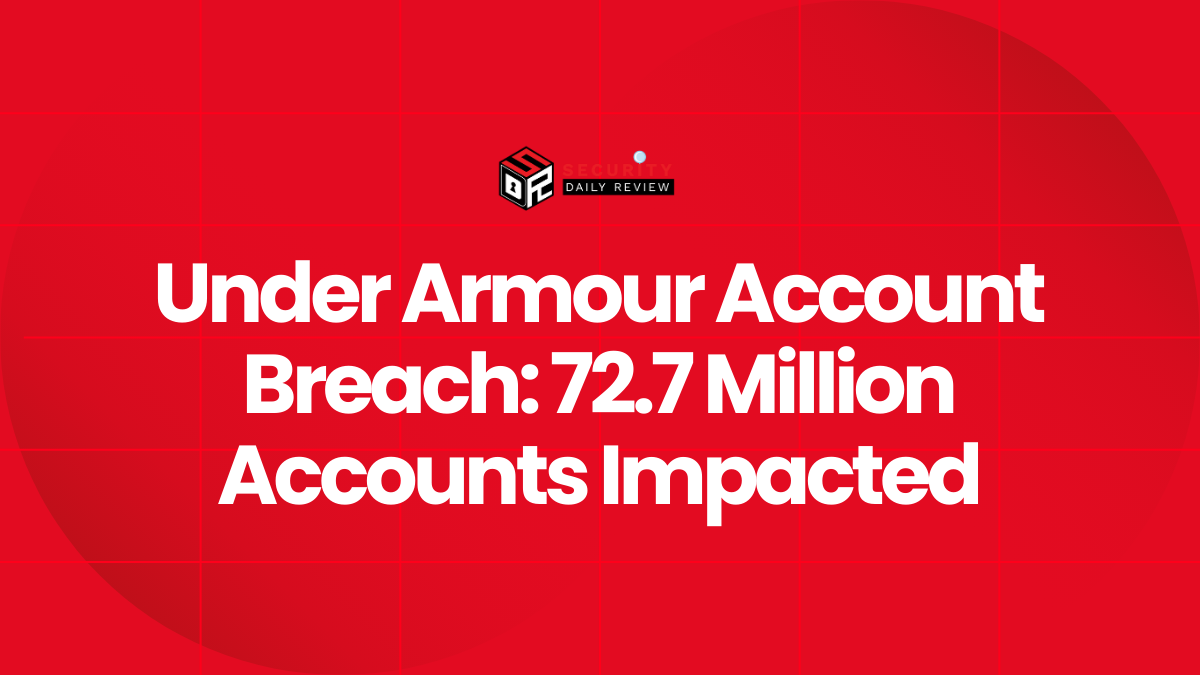A Deep Dive into the Medusind Breach Data Exposure
On January 10, 2025, US dental and medical billing firm Medusind announced a significant data breach affecting over 360,000 customers. The incident, which occurred on December 29, 2023, resulted in the unauthorized access of sensitive personal, financial, and medical data. This Medusind breach highlights the ongoing vulnerability of healthcare organizations to cyberattacks and underscores the importance of robust cybersecurity measures.
The Scope of Medusind Data Breach
Following the discovery of the breach, Medusind immediately took affected systems offline and engaged a cybersecurity forensic firm to investigate. The investigation revealed that a threat actor had obtained a copy of files containing sensitive customer information. This included:
- Health insurance and billing information: Insurance policy numbers, claims and benefit details.
- Payment information: Credit/debit card numbers, bank account information.
- Health data: Medical history, medical record numbers, prescription information.
- Government identification: Social Security numbers, taxpayer IDs, driver’s license and passport numbers.
- Other personal information: Date of birth, email addresses, physical addresses, and phone numbers.
Medusind emphasized that the specific type of information accessed varied depending on the individual customer.
The Aftermath of Medusind Breach and Medusind’s Response
To mitigate the impact on affected individuals, Medusind is providing two years of complimentary credit monitoring and identity protection services. Customers are also urged to regularly review their account statements and credit reports for any suspicious activity.
While Medusind has not disclosed details about the attacker’s identity or the method of intrusion, the company stated that it has implemented “enhanced security measures” to prevent future incidents. However, the specifics of these measures remain undisclosed.
Medusind’s Operations and the Broader Context
Medusind operates 12 locations across the US and India, providing revenue cycle management services to over 6,000 healthcare providers. This Medusind breach underscores the vulnerability of the healthcare sector to cyberattacks, particularly given the sensitive nature of the data involved. The incident follows a series of high-profile healthcare data breaches in 2024, including:
- The Change Healthcare ransomware attack in February 2024, impacting over 100 million Americans.
- A ransomware attack on Ascension in May 2024, compromising the data of 5.6 million individuals.
These incidents, along with the Medusind breach, highlight the urgent need for stronger cybersecurity measures within the healthcare industry. The US Department of Health and Human Services (HHS) is currently proposing updates to the Health Insurance Portability and Accountability Act of 1996 (HIPAA) Security Rule to address these concerns.
These proposed changes aim to ensure enhanced security measures for protected health information (PHI) across all US health plans, healthcare clearinghouses, and healthcare providers.
The ongoing investigation and any subsequent legal ramifications will further shape the narrative surrounding this significant data breach. The Medusind breach, therefore, serves not only as a case study in data security failures but also as a call to action for the entire healthcare sector to strengthen its defenses against increasingly sophisticated cyber threats.
The impact of this breach extends beyond the immediate victims, highlighting the systemic vulnerabilities within the healthcare system and the need for collaborative efforts to enhance data protection.










